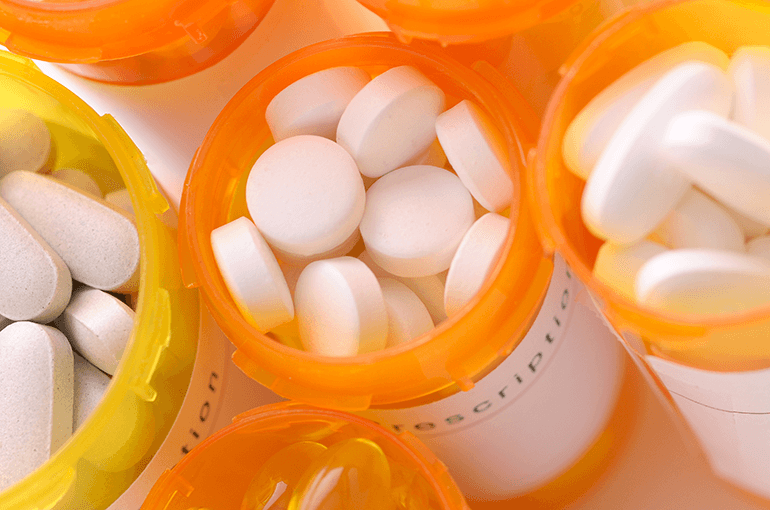Palpitations explained
Palpitations feel like your heart is racing, pounding, fluttering or like you have missed heartbeats. Palpitations can last seconds or minutes but they sometimes last longer. You may feel this in your chest, neck, or throat. They can be set off by things like stress, exercise, medicine or they can be caused by a medical condition.
Palpitations can happen at anytime, even if you are resting or doing normal activities. Although they can be unpleasant, palpitations are common and, in most cases, harmless.
Causes of palpitations
Palpitations can be caused by heart conditions including:
Other causes of palpitations include:
- alcohol
- caffeine
- certain medicines (both prescription and over-the-counter)
- ectopic beats (early or extra heartbeats)
- hormonal changes (due to pregnancy or menopause)
- intense exercise
- recreational drugs
- smoking or vaping
- stress, anxiety or panic attacks
- triggering foods (such as spicy or rich food).
They can also be caused by other medical conditions like an overactive thyroid and anaemia (lack of iron).
When to get medical help
You should make an appointment to see your GP if:
- your palpitations last a long time, don't improve or get worse
- you have a history of heart problems
- you're concerned about the palpitations.
You should call 999 if you have palpitations and experience any of the following symptoms:
- severe shortness of breath
- chest pain or tightness
- dizziness and light headedness
- fainting or blackouts.
How are palpitations diagnosed?
Your GP may arrange for you to have an electrocardiogram (ECG) to check whether the heart rate is regular and at a normal rate. This painless test lasts a few minutes.
If your ECG shows something abnormal, or your symptoms continue to bother you, you may need to have further tests or heart monitoring over a longer period. Visit our ECG page or speak to your doctor if you're worried about having tests.
Treating palpitations
As palpitations are often harmless, they usually don't need treatment. However, you'll need treatment if tests show your palpitations are caused by an underlying heart condition.
The type of treatment you'll have depends on your condition. For example, if you're diagnosed with an arrhythmia, your doctor might prescribe beta blockers to control your heart rate and rhythm.
Managing your palpitations
If you don't need treatment, the easiest way to manage your symptoms at home is to avoid the triggers that bring on your palpitations. This might include:
- avoiding or drinking less caffeinated drinks
- drinking less or having no alcohol (no more than the recommended limit of 14 units a week)
- avoiding foods and activities that trigger palpitations (try keeping a symptom diary so you can recognise and avoid triggers)
- managing your stress levels
- not smoking or using tobacco products.
Heart Helpline and other support
- speak to our cardiac nurses by phone, callback, email or online chat on Heart Helpline (Monday to Friday, 9am to 5pm)
- contact us to talk to our customer care advisors, find your local BHF shop and for any comments, compliments and complaints you may have
- join our community on HealthUnlocked - a free online space for people with cardiovascular disease to share experiences and get support from one another
- sign up to our Heart Matters magazine for online information packed with health and lifestyle advice.



